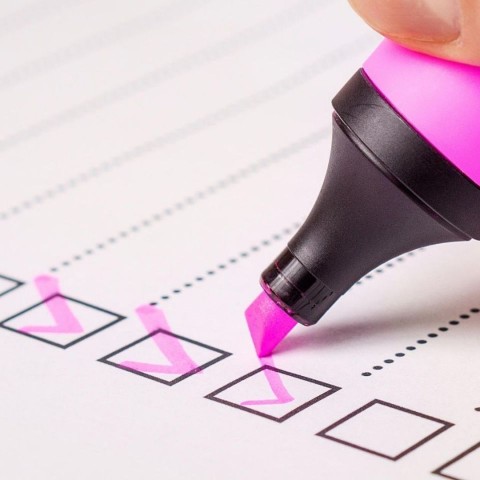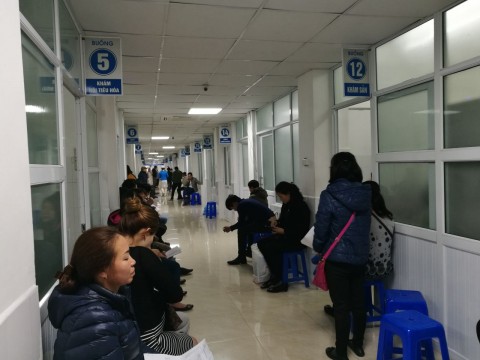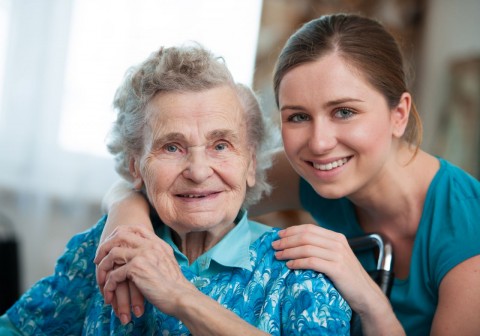Tips for Mental Health & the Coronavirus outbreak
The COVID-19 outbreak is a stressful time for people. Under current regulations, individuals are not allowed to leave their homes unless essentially necessary. Fear and anxiety about the disease can be overwhelming and cause strong emotions in adults and children.
Everyone reacts differently to stressful situations. Those who are more vulnerable are:
- Older people and people with chronic diseases
- Children and teens
- Workers helping with the response to COVID-19, like healthcare workers, or first responders
- People who currently have an underlying mental health condition
Common signs of stress during a disease outbreak include:
- Fear and worry about your health and the health of your loved ones
- Changes in eating or sleeping patterns
- Difficulty sleeping or concentrating
- Worsening of chronic health problems
- Increased use of substances such as alcohol, tobacco, or other drugs
Here are some tips to help your mental health during this time
- People who currently live with a mental health condition should continue with their current treatment and be aware of worsening symptoms.
- Take breaks from outlets that continually discuss the current pandemic
- Take care of your body. See our previous blog about staying active indoors
- Try doing activities you enjoy such as knitting, yoga, or other indoor activities
- Connect with others. Talk to people that you trust about how you are feeling and your concerns
- Try to get sunlight while staying within the current restrictions
- Try meditation – there are multiple apps that can help guide you
It is important to monitor your child’s behavior signs that your child might be having difficulty coping with the current situations are:
- Excessive crying or irritation
- Returning to behaviors they have outgrown (bedwetting, toileting accidents)
- Excessive worry or sadness
- Unhealthy eating
- Inability to sleep
- Irritability or acting out in teenagers
- Difficulty with attention or concentration
- Unexplained headaches or body pain
- Use of alcohol, tobacco, or other drugs
There are many things you can do to support your child
- Take time to talk with your child or teen about the COVID-19 outbreak. Answer questions and share facts about COVID-19 in a way that your child or teen can understand.
- Reassure your child or teen that they are safe. Let them know it is ok if they feel upset. Share with them how you deal with your own stress so that they can learn how to cope with you.
- Limit your family’s exposure to news coverage of the event, including social media. Children may misinterpret what they hear and can be frightened about something they do not understand.
- Try to keep up with regular routines. If schools are closed, create a schedule for learning activities and relaxing or fun activities.
- Be a role model. Take breaks, get plenty of sleep, exercise, and eat well. Connect with your friends and family members.

We hope that you find these tips helpful to help your mental health status during this time. If you feel that you need to speak to someone use telehealth as an option to talk to a professional if your anxiety becomes unmanageable. Many licensed professionals have moved to video chat platforms. Remember to reach out if your anxiety or stress is reaching proportions that are unmanageable without professional help.
When you subscribe to the blog, we will send you an e-mail when there are new updates on the site so you wouldn't miss them.







